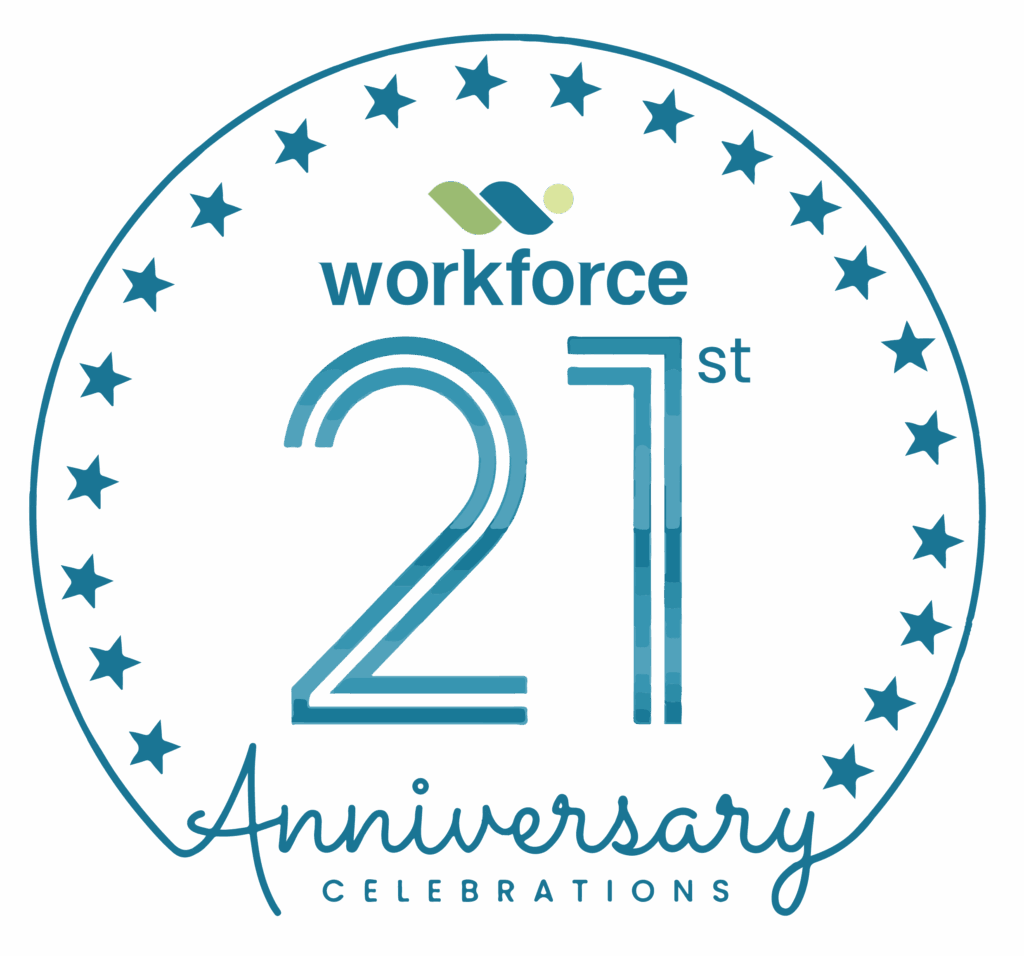Talent assessment: Up until 2020, the concept of remote and hybrid work models remained a long-term ambition for many organisations across the globe. In Africa, this ambition seemed even more distant viewed more as a novelty or forward-thinking aspiration rather than a feasible, near-term reality. Remote work was often considered an eccentric idea, entertained more in theory than in practice, with few companies daring to explore its actual implementation.
However, the outbreak of COVID-19 forced an overnight transformation. This once-eccentric concept became an unavoidable necessity. Organisations that had once projected a years-long roadmap to remote work had mere days to adapt. Practically overnight, businesses had to reconfigure their operations to function virtually, enabling teams to work from home while maintaining productivity, collaboration, and continuity.
While this monumental shift primarily focused on where work happened, it also ushered in a fundamental change in how organisations approached hiring and employee assessment particularly around the identification of skill gaps and behavioural readiness for change and talent assessment.
The Skills Shift: From Technical Competence to Human-Centred Capabilities.
Prior to the pandemic, attributes such as adaptability, creative problem-solving, collaboration, communication, and leadership were often regarded as ‘soft skills’ nice to have, but secondary to technical competence. The prevailing hiring philosophy placed heavy emphasis on qualifications, industry experience, and technical expertise.
But the events of 2020 and beyond flipped that narrative.
In the newly remote and hybrid world of work, those who thrived were not necessarily the most technically proficient. Rather, they were individuals who could:
- Adapt quickly to evolving circumstances
- Communicate clearly across digital platforms
- Lead effectively without close supervision
- Think creatively amidst uncertainty
- Collaborate virtually with diverse teams
Suddenly, these so-called “soft skills” emerged as mission-critical. Organisations began to recognise that technical competence alone was no longer sufficient. Employees also needed behavioural agility and emotional intelligence to navigate the complexities of a distributed work environment.
As a result, hiring managers and HR leaders were forced to broaden their criteria. They could no longer afford to overlook behavioural and interpersonal competencies during recruitment and promotion processes. This shift spurred a growing interest in behavioural assessments, and that interest has continued to intensify ever since.
Understanding the Differences: Cognitive vs Behavioural vs Personality Assessments
1. Cognitive Assessments
Cognitive assessments are designed to evaluate an individual’s mental capabilities, such as reasoning, memory, problem-solving, and information processing. These assessments provide insight into a person’s intellectual aptitude and learning potential, rather than what they already know.
They are particularly effective for roles that demand quick thinking, complex decision-making, and strong analytical skills. Whether you’re hiring for a technical specialist or preparing a high-potential employee for a strategic leadership role, cognitive assessments offer valuable data on how individuals process information and solve problems under pressure.
Recommended Usage: Use cognitive assessments when aiming to improve analytical rigour, drive innovation, or support individuals transitioning into complex, strategic roles. They are particularly useful in technical industries, consulting, data analysis, and executive decision-making.
2. Behavioural Assessments
Behavioural assessments examine how individuals behave in different scenarios based on past and present patterns of action. These tools help predict how someone is likely to perform or respond in specific work situations—be it handling conflict, collaborating with peers, or adapting to change.
Unlike personality assessments, behavioural assessments focus on observable behaviours rather than underlying psychological traits. This makes them particularly useful for identifying leadership potential, team fit, or gaps in collaboration and communication.
They are also an essential resource in succession planning, helping organisations prepare employees for future leadership by identifying competencies such as resilience, initiative, and adaptability.
Recommended Usage: Apply behavioural assessments to pinpoint key workplace behaviours and competencies, especially in team dynamics, conflict resolution, customer service, and leadership readiness.
3. Personality Assessments
Personality assessments delve into the psychological traits that shape a person’s consistent behaviour over time. These tools explore dimensions such as openness, conscientiousness, extraversion, agreeableness, and emotional stability—collectively known as the Big Five personality traits.
While cognitive assessments evaluate how a person thinks, and behavioural assessments look at how they act, personality assessments seek to understand why they behave the way they do. This depth of insight is particularly valuable for leadership development, team building, and long-term talent planning.
For instance, a highly conscientious individual may excel in structured roles requiring meticulous attention to detail, while an open and extroverted person may thrive in creative, client-facing roles.
Recommended Usage: Use personality assessments when the goal is to understand intrinsic motivations, emotional triggers, and relational tendencies. This is key to enhancing team cohesion, designing tailored development programmes, and building emotionally intelligent leaders.
Integrated Talent Assessment Strategies: A Holistic Approach
Each of these assessment types offers unique insights, but their true power lies in integration. When used collectively, cognitive, behavioural, and personality assessments provide a well-rounded, data-driven understanding of an employee or candidate.
Here’s how they complement one another:
- Cognitive + Behavioural: Helps organisations identify high-potential employees who not only think strategically but also collaborate and communicate effectively.
- Behavioural + Personality: Provides a nuanced view of how and why someone behaves the way they do, allowing for more tailored coaching or team alignment.
- Cognitive + Personality: Combines intellectual capability with emotional intelligence, critical for roles that require both mental agility and strong interpersonal skills.
This layered approach ensures that hiring decisions, promotions, and development strategies are informed, fair, and future-oriented.
Why This Matters for African Organisations
In the African business landscape, where rapid transformation and technological adoption are reshaping entire industries, investing in the right assessment tools is no longer optional—it is essential. Organisations must be intentional about building resilient, agile, and high-performing teams that can compete globally and respond to local challenges.
Furthermore, as remote and hybrid work models become more entrenched, traditional methods of performance evaluation and talent selection are becoming obsolete. In their place, data-driven assessment models offer a more objective, equitable, and scalable alternative.
By leveraging a combination of cognitive, behavioural, and personality assessments, African businesses can:
- Make better hiring decisions
- Reduce employee turnover
- Build stronger leadership pipelines
- Enhance workforce engagement
- Align individual development with strategic goals
Final Thoughts: Assessments as Strategic Tools
The workplace has changed and so must the way we identify, select, and develop talent.
While technical skills remain important, they must be balanced with behavioural agility, emotional intelligence, and cognitive sharpness. As such, the future of talent development lies in comprehensive assessment strategies that support growth at every level of the organisation.
So, to all HR leaders, L&D professionals, and talent executives: the question is no longer whether to assess, but how comprehensively and strategically you’re doing it.
Does your organisation already leverage these assessments to shape its workforce strategy or are you still relying on instinct over insight?
At Workforce Learning, we specialise in designing end-to-end talent development solutions that align with your business strategy. Our Leadership and Workforce Assessment Tools are purpose-built to identify current capability, uncover potential, and inform decisions across the employee lifecycle.
Whether you are building a talent pipeline, designing a succession plan, or driving leadership transformation, we offer cognitive, behavioural, and personality assessment solutions that empower you to make smarter, faster, and more impactful decisions.
Ready to future-proof your workforce?
Send an email to learning@workforcegroup.com and let’s explore the best-fit assessments for your organisation’s needs.





